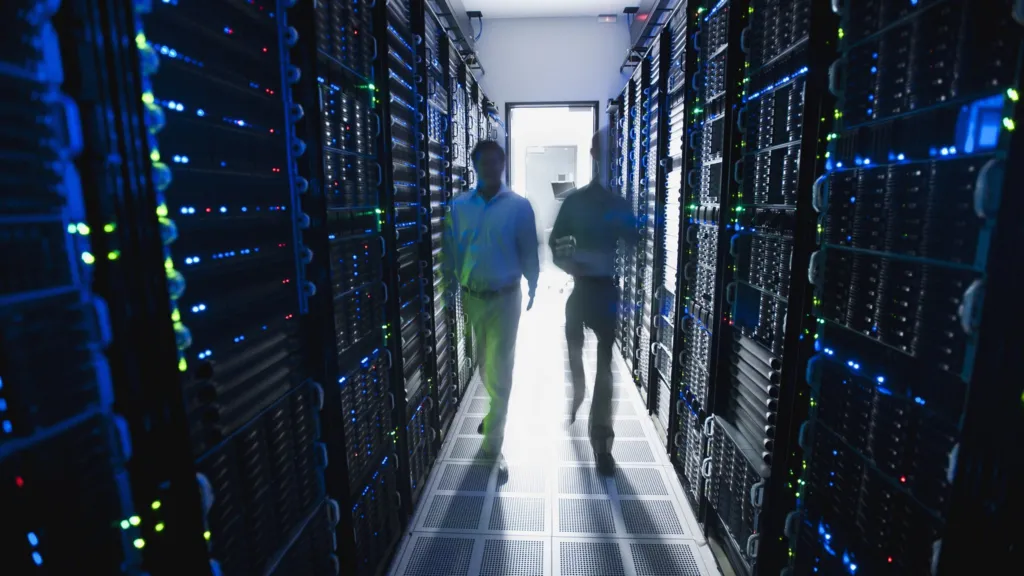
UK competition watchdog has 'real concerns' over big tech AI dominance
Big tech's dominance of the rapidly developing artificial intelligence (AI) market is a matter of "real concern", the competition regulator has warned. The Competition and Markets Authority (CMA) is looking into the new breed of powerful AI tools - foundation models. They include text and image generators, such as ChatGPT. The CMA found an "interconnected web" of AI partnerships involving the same firms: Google, Apple, Microsoft, Meta, Amazon, and chip-maker Nvidia. "When we started this work, we were curious. Now, with a deeper understanding and having watched developments very closely, we have real concerns," Sarah Cardell, the chief executive of the CMA said. "The essential challenge we face is how to harness this immensely exciting technology for the benefit of all, while safeguarding against potential exploitation of market power and unintended consequences." Ms Cardell delivered the warning in a speech on Thursday in Washington.The CMA said that a small number of incumbent technology firms - already powerful in the most important digital markets - were also now taking the lead with foundation models. Trained on vast amounts of data, they underpin tools which are transforming workplaces and other aspects of modern life. What is AI and how does it work? The big tech firms have strong positions in terms of computing power, and access skilled employees, the CMA said, and can influence access to the market through apps and platforms. This could profoundly impact fair competition "ultimately harming businesses and consumers, for example through reduced choice, lower quality, and higher prices, as well as stunting the flow of potentially unprecedented innovation and wider economic benefits from AI", the CMA argued. Pivotal moment The CMA said it wanted to learn from previous experience in digital markets where "winner takes all dynamics" led to the rise of a small number of powerful platforms. It said it was "determined to apply the lessons of history" at what it termed a "pivotal moment in the emergence of a new, potentially transformative technology."

